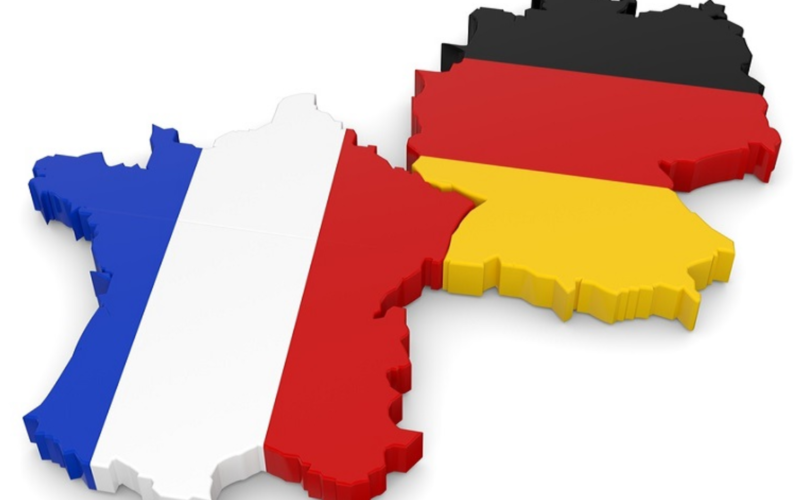The relationship between France and Germany has long been considered the cornerstone of the European Union (EU). However, recent developments have cast a shadow over this historically robust partnership, prompting an exploration into the factors contributing to the souring of ties between these two key EU member states.
For decades, the Franco-German alliance has been hailed as a driving force behind European integration and cooperation. The cooperation between these two economic powerhouses has been pivotal in shaping EU policies, fostering economic stability, and addressing regional and global challenges. From the creation of the European Coal and Steel Community in the aftermath of World War II to the establishment of the Eurozone, France and Germany have been at the forefront of building a united and prosperous Europe.
However, in recent times, cracks have emerged in the foundation of this enduring alliance. A myriad of factors has contributed to the strain in Franco-German relations, ranging from divergent approaches to key policy issues to shifts in leadership dynamics within each nation. Understanding the root causes of this strain is crucial for comprehending the evolving landscape of European politics and governance.
One significant area of contention is the differing perspectives on economic policies and fiscal measures, particularly in the aftermath of the global financial crisis and, more recently, the challenges posed by the COVID-19 pandemic. Disagreements over the approach to economic recovery, debt-sharing mechanisms, and the role of EU institutions in managing financial crises have fueled tensions between Paris and Berlin.
Political leadership changes in both countries have also played a role in reshaping the dynamics of their relationship. Shifting priorities, divergent ideologies, and the evolving geopolitical landscape have influenced the policy directions taken by French and German leaders, leading to a reevaluation of their collaborative efforts within the EU framework.
The rise of nationalist and populist movements in Europe has further complicated the Franco-German relationship. As both nations grapple with internal political challenges fueled by populist sentiments, finding common ground on issues such as immigration, national sovereignty, and the role of the EU in domestic affairs has become increasingly challenging.
The implications of the strained Franco-German partnership extend beyond the bilateral relationship. As the EU faces unprecedented challenges, including economic uncertainties, external security threats, and the ongoing debate about the future of European integration, a cohesive and united Franco-German alliance is viewed as essential for overcoming these hurdles.
This analysis is based on insights from reputable sources, and the examination of the strained relationship between France and Germany offers a glimpse into the complexities of European politics. As the EU navigates a path forward, the resolution of differences between these two pivotal member states will likely be a determining factor in shaping the future of the European project.








